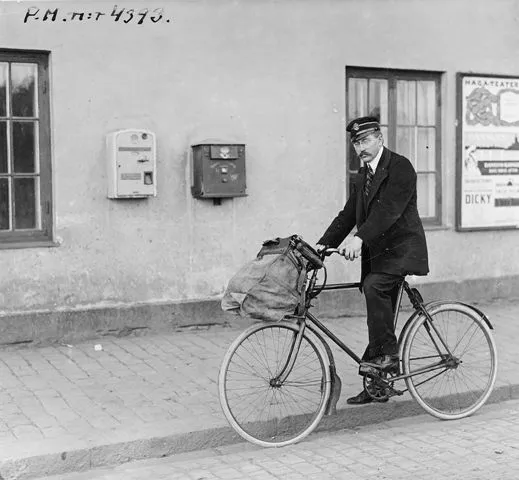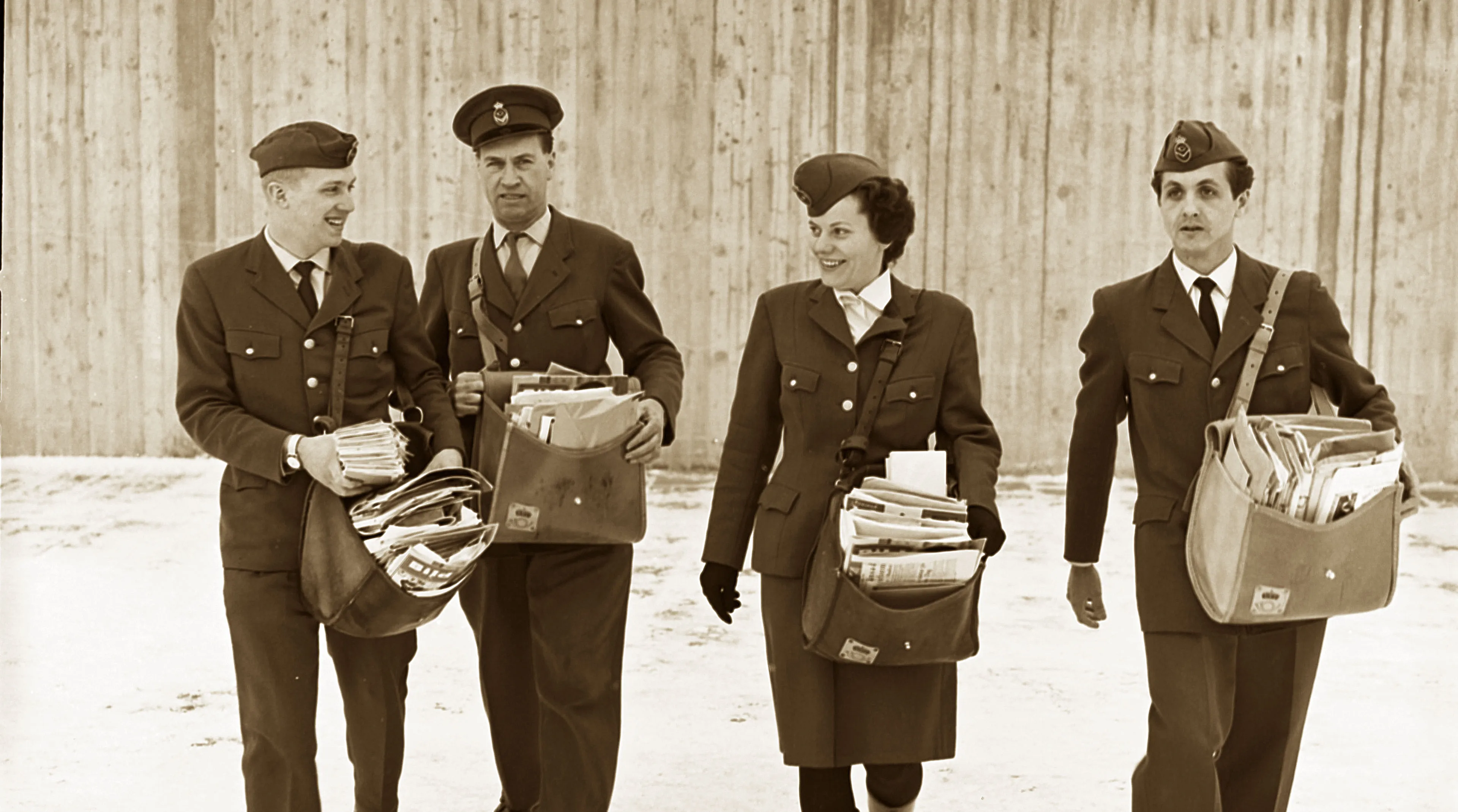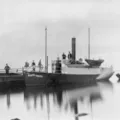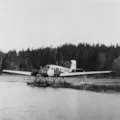History
People have been sending information, letters and goods to one another for thousands of years. Couriers have travelled the length and breadth of countries on behest of their masters; messages have been relayed and have successfully reached the intended recipients.
The dispatch of mail has been more or less organized throughout history, achieving a more stable form in the Nordic countries during the early 17th century. The following is a Danish-Swedish perspective of the way in which the infrastructure for the delivery of mail and goods has developed over time.








